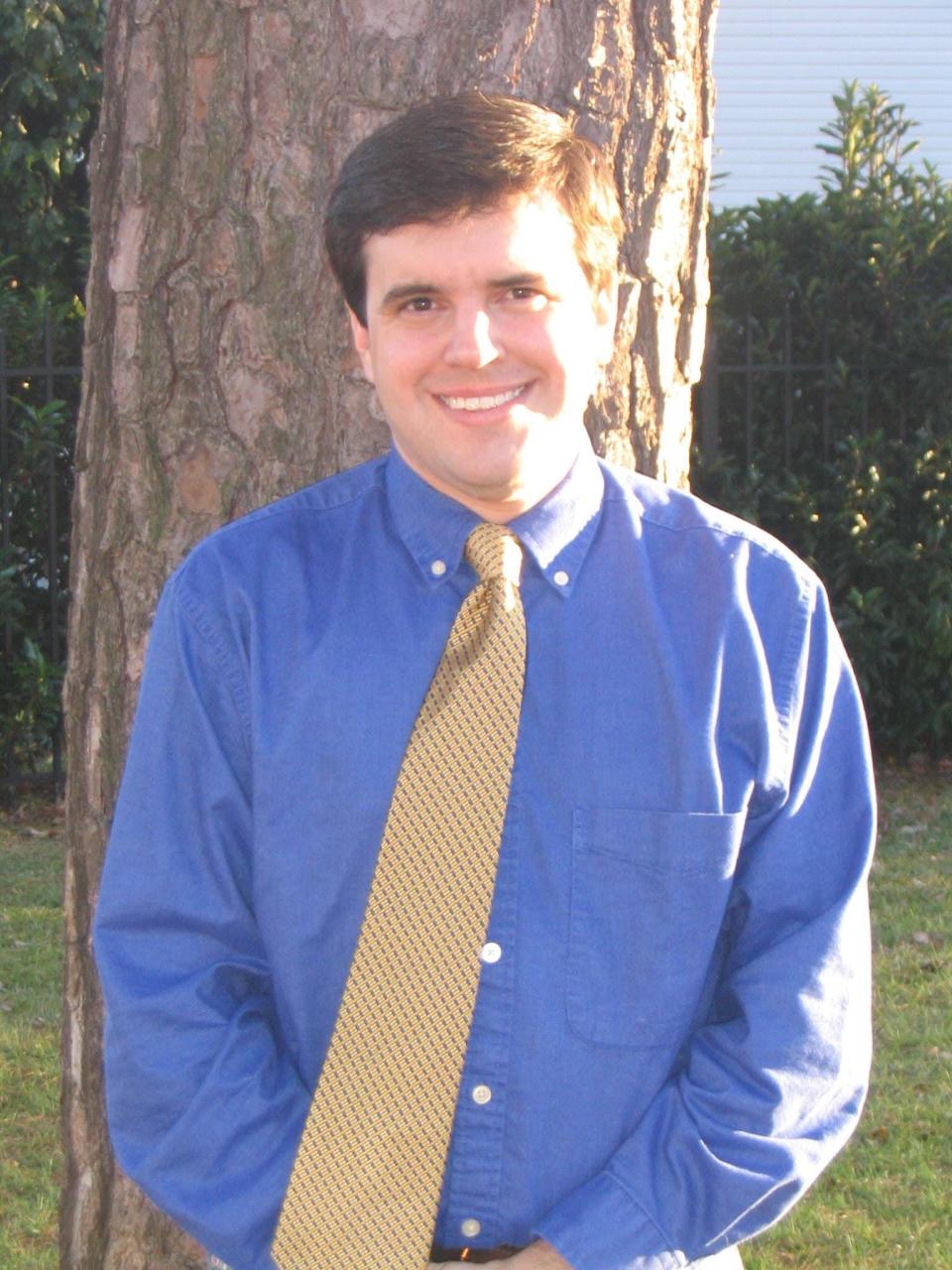Bridges: Texan Hatton Sumners helped shape direction of judiciary
Texas has produced many powerful political figures in its long history. In the 1930s, Texas had one of the most influential congressional delegations in the nation, including Sen. Morris Sheppard, the Senate Minority Whip, House Speaker John Nance Garner, and other congressmen such as future House Speaker Sam Rayburn and Wright Patman. Among those figures was Congressman Hatton Sumners of Dallas, a 34-year veteran of Congress and chairman of the House Judiciary Committee for 14 years, helping to shape the direction of the federal judiciary.
Hatton Sumners was born in 1875 on a farm in Lincoln County, Tennessee, on the border with Alabama. His father had been a Confederate officer during the Civil War, and his parents also operated a boarding school. When he was 19, the family moved to Texas, settling in Garland, then a tiny community of just over 500 residents a few miles from Dallas.

Sumners wanted to pursue higher education and was interested in a law career. However, money was tight, and there were few alternatives at the time. He went to the Dallas city attorney, Alfred Wonzencraft, and explained his plight. Impressed by Sumners, Wozencraft hired him to work at his law firm, allowing him to study the law at night and even sleep in the offices. By 1897, Sumners passed the bar exam and began his work as an attorney.
In 1900, he decided to run for Dallas County Attorney. Though only having practiced for three years, Sumners won easily and became county attorney at the age of 25. He made shutting down gambling in the county a priority, a crusade that he claimed led to his defeat in the 1902 primary. He was re-elected in 1904 and convinced the state legislature to push through a bill making running a gambling establishment a felony. He declined to run for a third term in 1906 and was named president of the state district attorney’s association and spent the next few years running his own law firm.
In 1912, he was elected to Congress. He jumped into his work, quickly passing a bill to make Dallas a port of entry, easing the importation of products from abroad. Sumners was an enthusiastic supporter of the Federal Reserve Act to reform the nation’s banking system. He was instrumental in bringing the regional Federal Reserve Bank to Dallas. The move solidified the position of Dallas as a major financial center in the state.
His congressional colleagues acknowledged his expertise on constitutional law and had him assigned to the House Judiciary Committee in 1919. He worked on a number of reforms to the federal judiciary, including changes to case loads and retirements. Though he supported a fair and transparent judiciary, he was often hostile to civil rights legislation, as were many southerners at the time.
Sumners became chairman of the House Judiciary Committee in 1932. As part of his committee work, he served as a House manager in the impeachment cases of three federal judges in their trials before the Senate. He also appeared as an attorney before the Supreme Court on several occasions to defend the interests of Congress in several cases. In 1934, as President Franklin D. Roosevelt prepared to grant independence to the Philippines, Sumners wrote a constitution for the islands.
In 1946, he announced his retirement after 17 terms in Congress. He enjoyed a quiet life upon his return to Dallas. He lived on the campus of Southern Methodist University for several years while working as the Director of Research in Law and Government for the Southwestern Legal Foundation. In 1949, he established the Hatton Sumners Foundation to offer scholarships to aspiring students and grants for researchers. He published a book outlining his ideas about government and the importance of the civic responsibilities of individuals in The Private Citizen and His Democracy in 1959. He died quietly in 1962.
Ken Bridges is a writer, historian and native Texan. He holds a doctorate from the University of North Texas. Bridges can be reached by email at drkenbridges@gmail.com.
This article originally appeared on Amarillo Globe-News: Bridges: Texan Hatton Sumners helped shape direction of judiciary

